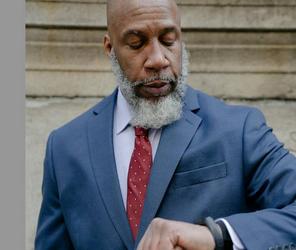
Eid al-Fitr is one of the most important festivals in the Islamic calendar. It marks the end of the holy month of Ramadan, a period of fasting, reflection, and spiritual growth for Muslims all over the world. The celebration of Eid al-Fitr is a time for rejoicing, gratitude, and reconnecting with loved ones.
As the crescent moon is sighted, marking the end of Ramadan, Muslims all over the world prepare to celebrate Eid al-Fitr. The festival typically lasts for three days and is marked by a variety of traditions and customs that vary from country to country.
In many Muslim-majority countries, people start their day by attending the Eid prayers, which are usually held in a large mosque or outdoor area. After the prayers, families and friends gather to exchange gifts and enjoy a festive meal together. Special dishes and sweets are prepared, and everyone dresses up in their finest clothes.
One of the key features of Eid al-Fitr is the act of giving charity, known as Zakat al-Fitr. This is a mandatory donation that is given before the Eid prayers and is meant to ensure that even the poorest members of the community can celebrate the festival with dignity. The charity can take the form of food, money, or other essential items.
Another important aspect of Eid al-Fitr is the act of forgiveness and reconciliation. It is a time to let go of grudges and conflicts, and to seek forgiveness from those we may have wronged. This practice is rooted in the Islamic concept of Taqwa, which emphasizes the importance of cultivating a pure and humble heart.
Eid al-Fitr is also a time for reflection and gratitude. Muslims are encouraged to reflect on their spiritual journey during Ramadan and to express gratitude for the blessings they have received. It is a time to renew one's commitment to living a life of compassion, kindness, and generosity.
In many countries, Eid al-Fitr is a public holiday, and people take the opportunity to travel and visit loved ones. It is a time for strengthening family and community ties and for spreading love and happiness. Despite the challenges of the pandemic, Muslims around the world have found creative ways to celebrate Eid al-Fitr while adhering to safety protocols.
In conclusion, Eid al-Fitr is a joyous occasion that brings together Muslims from all walks of life. It is a time for reflection, gratitude, and community, and a reminder of the values that are central to the Islamic faith. As we celebrate this year's Eid al-Fitr, let us remember the importance of compassion, kindness, and generosity, and let us strive to embody these values in our daily lives.
Happy Eid al-Fitr to all those celebrating!

 English
English  español
español  français
français  português
português  русский
русский  العربية
العربية  简体中文
简体中文 



